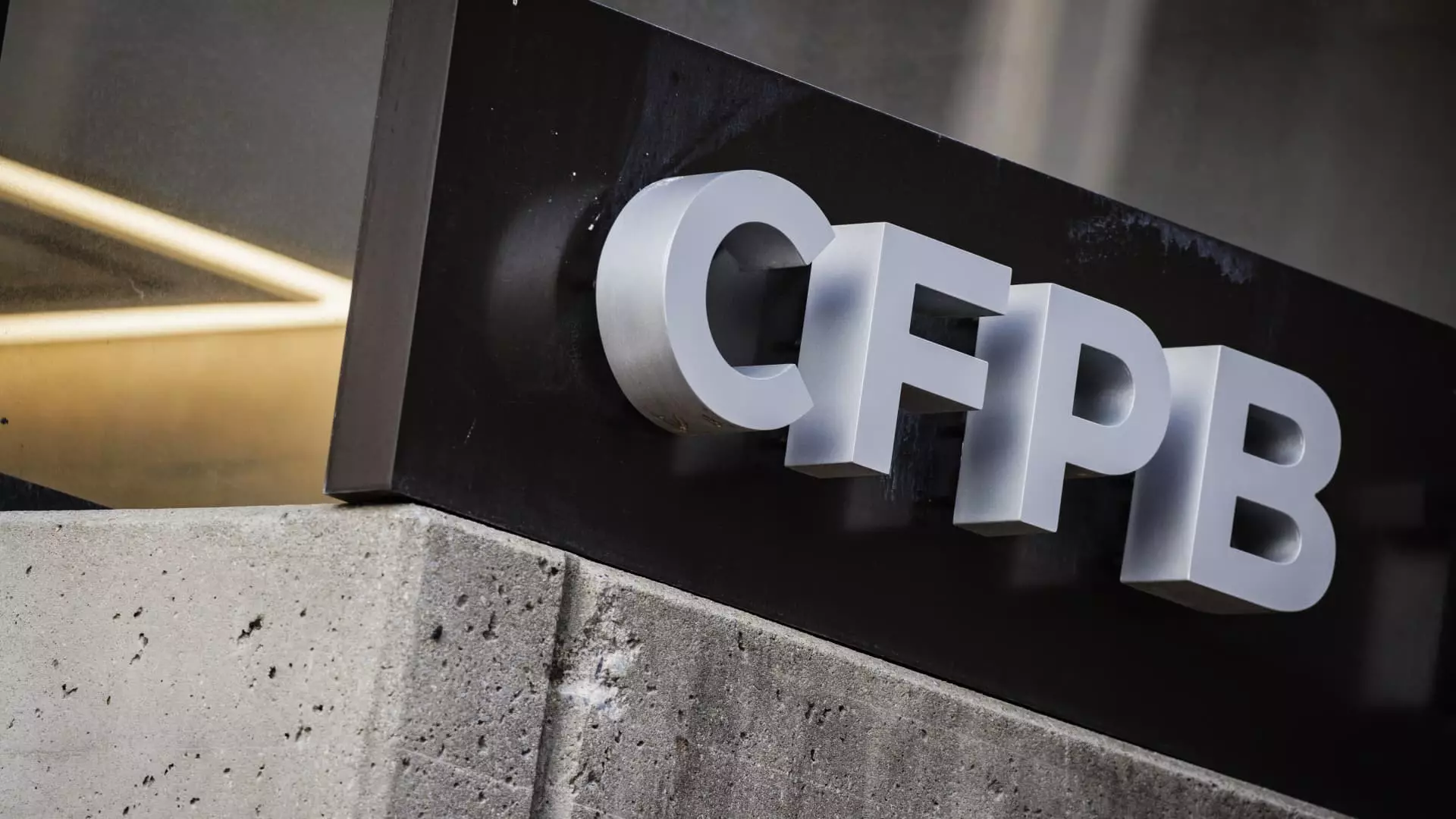In a recent announcement, the Consumer Financial Protection Bureau (CFPB) revealed that companies will be refunding a staggering $140 million to customers due to the discovery of illegal “junk fees.” CFPB Director Rohit Chopra emphasized the bureau’s commitment to combating these unethical practices that undermine consumer trust. The report, released alongside the Biden administration’s new policies against junk fees, focuses on various sectors, including deposit accounts, auto loans, and remittances.
Between February and August 2023, the CFPB conducted an extensive examination of fees associated with deposit accounts, auto loans, and remittances. Startlingly, financial institutions charging surprise overdraft and nonsufficient funds (NSF) fees accounted for a substantial portion of the identified problem, with $120 million being refunded to affected consumers. Furthermore, the report disclosed that over 60% of banks with assets exceeding $10 billion have proactively eliminated NSF fees, resulting in an annual savings of approximately $2 billion for customers.
The supervisory highlights provided by the CFPB shed light on the numerous violations that were uncovered during their examination. These included monthly fees for paper bank statements that were never delivered, charges for irrelevant additional services related to car loans, undisclosed fees, and unsuccessful remittances for international money transfers. To address these violations, the CFPB has called on service providers responsible for processing deposit, payment, and data services to cease contributing to such malpractices.
The report highlights a specific example of a provider that miscalculated refunds for add-on products related to early termination of auto loans. This case demonstrates the urgency and importance of shifting focus towards fair and transparent practices within the industry. Additionally, the report briefly touches on transaction fees applied to student meal accounts and emphasizes the CFPB’s communication with relevant parties to ensure compliance with financial protection laws and the provision of cost-free alternatives.
Although the report does not explicitly identify the companies involved, the CFPB has taken legal action against Bank of America for repeated fee charging and Wells Fargo for surprise overdraft fees. In response to the allegations, Bank of America spokesperson Bill Halldin stated that the company voluntarily reduced overdraft fees and completely eliminated nonsufficient fund fees, resulting in a substantial 90% drop in revenue from such fees. Wells Fargo expressed satisfaction in addressing the issues discovered by the agency, signaling a desire to rectify their practices promptly.
The $140 million in refunds ordered as a result of the CFPB’s investigation into illegal junk fees serves as a wake-up call to financial institutions across the nation. While progress has been made with the elimination of NSF fees by large banks, there is still much work to be done to protect consumers from exploitative practices. The CFPB’s efforts, in tandem with the Biden administration’s commitment to addressing these issues, signify a renewed dedication to promoting fairness and transparency within the financial industry. By holding companies accountable and ensuring compliance with financial protection laws, the consumer watchdog aims to rebuild trust and safeguard the interests of consumers nationwide.


Leave a Reply